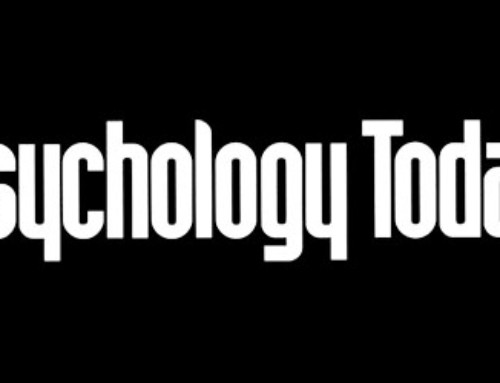We live in an interlinked world, where a continuous flow of digital information connects us all. In an idealized version of society, individuals make personal decisions with an enlightened and educated mind, and people choose to act for both personal reward and the greater good. But the world we live in is a messier place, and the Internet reflects the conflicts and challenges our world faces.
The Internet is the most open forum for ideas ever created. What helps makes this flow of ideas possible is network neutrality, which giant corporations want to do away with completely. Several mega-corporations have already abused their power, by bending the rules around data mining and collecting personal information from people who had clearly opted out of this overused practice. A few easy-to-understand legal points would be to make every web service make default settings ‘opt-in’ rather than ‘opt-out’, and make it clear on their website policies page that the person who posted the content is the owner of the content. Obviously, there are a series of much larger issues to be tackled around the ongoing problem of how much power these corporations already have over how our online information is stored and used. If the problem of holding mega-corporations accountable on the Internet is years away from being fixed, then at least the conversation must start now. It is quite possible that Facebook has already collected more information on the entire global population than the CIA, KGB, or any intelligence agency on Earth.
Over the centuries, new technologies have helped to spread knowledge and change how citizens interact with each other. While cultural growth depends upon freedom and creativity, power and control have dominated the human landscape since the beginning of civilization. Right now, both governments and corporations have too much power over how the Internet is regulated and controlled.
The most dominant rulers in history have been wary of an informed population, and restrictive regimes still prevent the free flow of ideas. The current version of book burning and knowledge repression is playing out in the form of repressive governments blocking Internet usage and preventing people from sending messages out to a global audience. As the recent horrific events in Syria have shown, corrupt leaders will not stop at mass murder in order to quell resistance and revolt. But the Internet has enabled leaders and participants of global freedom and justice movements to communicate one central point: Any leader or government afraid of the free flow of ideas in their culture is on the wrong side of history.
In essence, the Internet is now the most important tool we have to expose corruption, condemn mass violence, keep ideas circulating (especially into repressive regimes), and even alert government officials of financial regulation abuses before they worsen. With the advent of the mobile Internet, more people know more about world events within seconds. It’s often mentioned that more people on the planet have cell phones than indoor plumbing. True, much of the information sent via the Internet isn’t Earth-shaking, but when the Earth literally shakes, camera phone videos are uploaded and build a global audience, instantaneously. When the earthquake struck Japan last winter, it wasn’t CNN or MSNBC breaking the news, it was Twitter and YouTube.
A powerful idea about how people, organizations, and especially governments should behave online is ‘transparent’. The Internet enables people to communicate ideas and connect with people and organizations anywhere on the planet. People use this free expression to do any number of things, and the right to communicate freely is a global democratizing force. In parts of the world where people are staging uprisings and revolts, they need a functioning Internet, and in America, where we take the Internet for granted, we require more built-in protections that actually mean something, not just unenforceable platitudes and a put-it-off-for-another-day mentality.
Here in the United States, unless network neutrality is legally codified in an easily understanding document, and citizens who daily use the Internet are given rights over the information they create, send, and share, the dream of a more inclusive and connected future for all will never reach its full potential. As long as lawmakers are beholden to giant corporations, they are resistant to enforcing much-needed laws to protect citizens’ rights on the Internet. And in the end, transparency without integrity and honesty backing it up isn’t going to work. Business leaders and politicians must get behind not just the idea, but the practice of greater transparency, coupled with an enforceable code of how mega-corporations collect and use all our online information.




